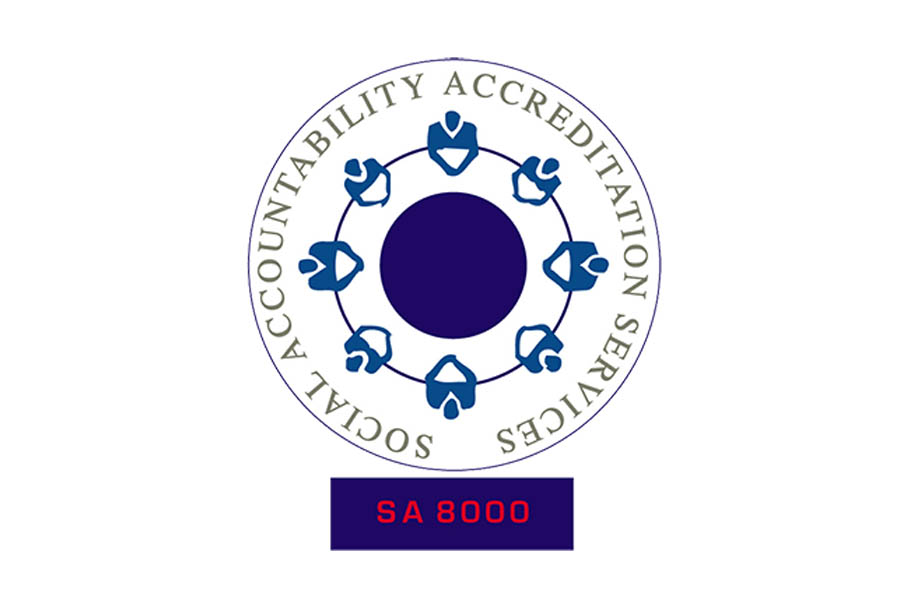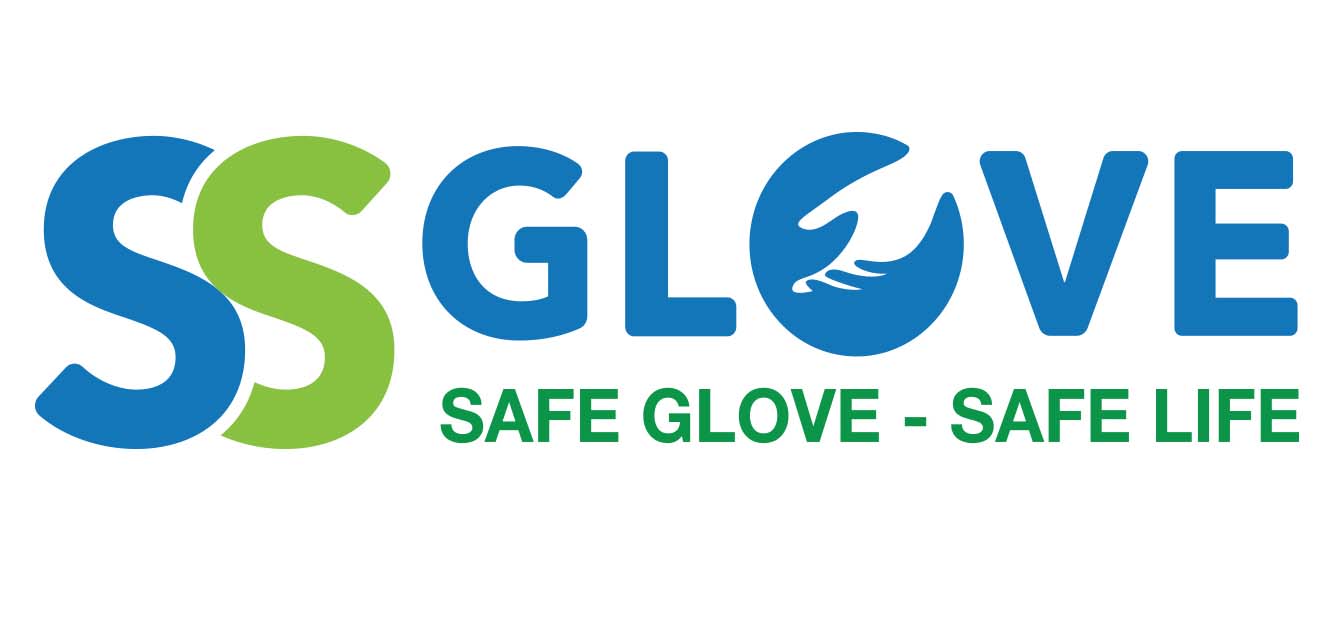
Certificate
Quality And Trust
Nitrile S&S GLOVE Gloves products have obtained prestigious certifications from US & European markets for disposable gloves such as FDA, ISO, EN, etc.
Food and Drug Administration
FDA 510K: a mandatory certificate for medical equipment manufacturing and distribution facilities in the United States as well as foreign establishments wishing to export products to this market. When it comes to FDA medical devices, there are two terms that businesses cannot ignore, namely Premarket Approval (PMA) and Premarket Notification 510(k).
KFDA: Korea MFDS (KFDA) Medical Device Registration and Approval. Medical devices in Korea are regulated by the Ministry of Food and Drug Safety (MFDS), formerly the Korean Food and Drug Administration (KFDA). Manufacturer must follow the requirements of the Medical Devices Act and register with the MFDS before entering the Korean market and sales in Korea. The regulatory process has three main components.


Conformité Européenne
CE (EU-MDR) – Regulation (EU) 2017/745: Applies to all medical devices sold within the European Union as of May 26, 2021. The CE MDR is a set of “General Specifications” for the handling of single-use medical devices detailing the procedures and steps that device manufacturers must follow in recycling of single-use equipment for reuse, quality management system requirements, and traceability provisions.
CE (PPE): European Union policy for personal protective products to meet the basic health and safety requirements that manufacturers must meet and remove barriers trade with these products in the European market. CE PPE is an indication that the product meets the requirements and can be sold anywhere in the European Economic Area (including EU countries and Norway, Iceland and Liechtenstein) as well as in Turkey.
UKCA (UK Conformity Assessment): the new UK product marking that will be required for certain products being placed on the market in Great Britain (England, Wales and Scotland). It covers most products that previously required the CE mark.




Medical Device Single Audit Program
MDSAP: The Medical Device Assessment Program (MDSAP) allows a one-time audit of a medical device manufacturer’s Quality Management System (QMS), which meets the requirements of many regions. legally prescribed. Audits are conducted by Auditing Organizations (AOs) authorized by Participating Regulatory Agencies (RAs) to evaluate against the requirements of MDSAP. MDSAP is a way in which medical device manufacturers are assessed for compliance with the standard and regulatory requirements of up to five different medical device markets: Australia, Brazil, Canada, Japan and the US .
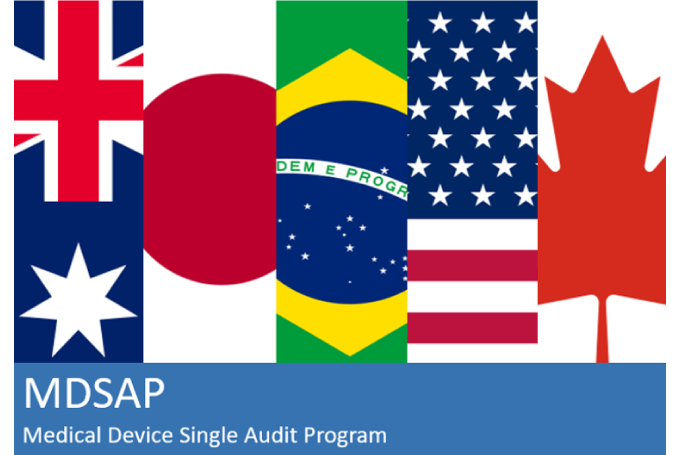
British Retailer Consortium
BRC: The BRC is a global standard for food safety established in 1998 by the British Retailer Consortium for quality control and food safety. The BRC standard provides requirements for controlling the supply chain of products from input materials. With BRC standards, enterprises must control hygiene issues from input materials to production and consumption. The entire closed process must strictly adhere to hygiene standards.
International Organization for Standardization
ISO 13485: is the most popular international standard of the medical device industry defined by the International Organization for Standardization. These requirements are used by medical device manufacturers to apply to Quality Management Systems. ISO 13485 is like a quality management system for organizations involved in the design, manufacture, installation and maintenance of medical devices.








American Society for Testing and Materials
ASTM International, formerly known as American Society for Testing and Materials, is an international standards organization that develops and publishes voluntary consensus technical standards for a wide range of materials, products, systems, and services.




The SA8000 Standard is the world’s leading social certification program. The SA8000 Standard and Certification System provide a framework for organizations of all types, in any industry, and in any country to conduct business in a way that is fair and decent for workers and to demonstrate their adherence to the highest social standards. Created by SAI in 1997 as the first credible social certification, it has led the industry for over 20 years.
